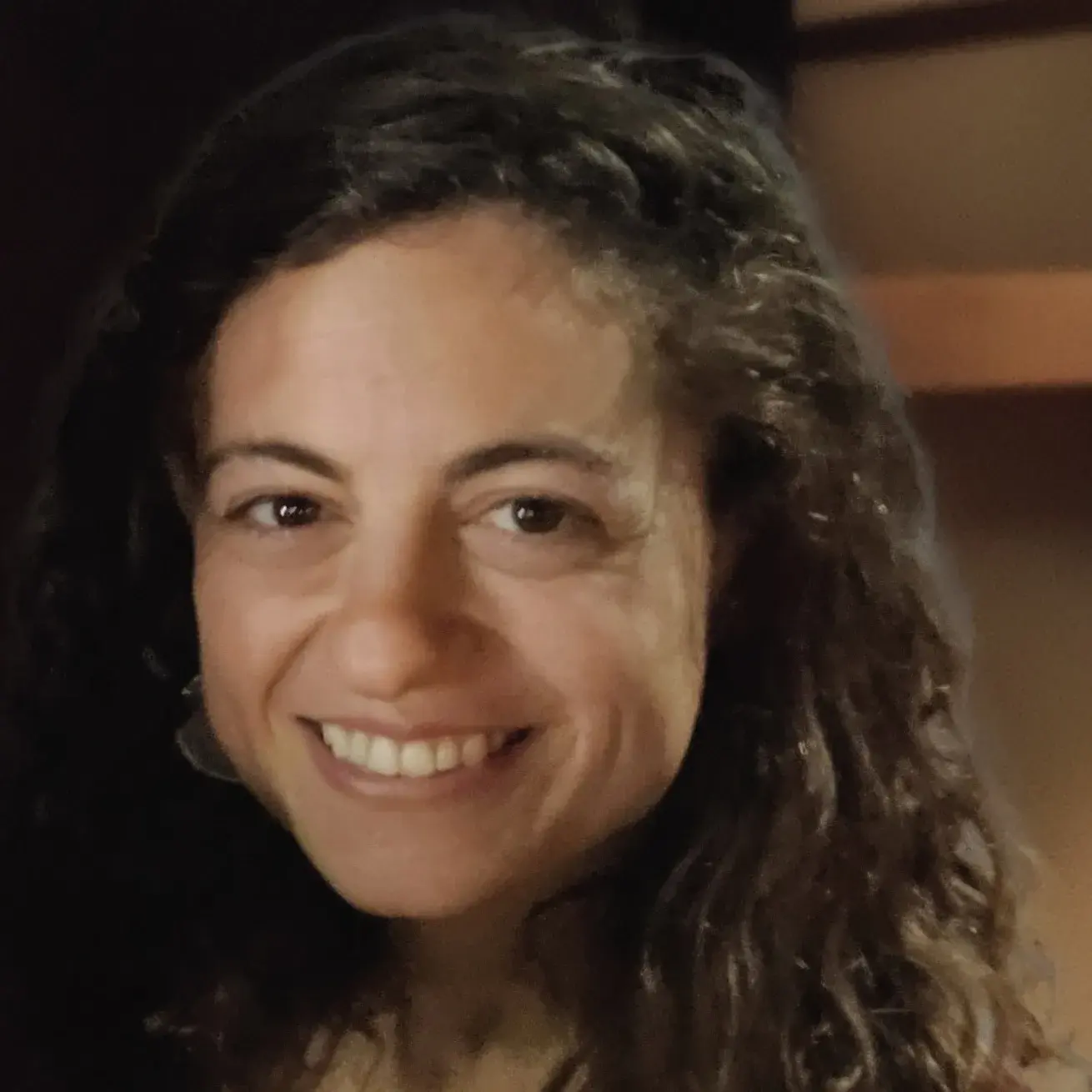Dr. Melody Altschuler, PhD
Assistant Professor
I am an Assistant Professor in the Center for Innovation in Population Health, Department of Health Management and Policy, and the Department of Psychology at the University of Kentucky. I completed my PhD in Developmental Psychology at the University of Minnesota’s Institute of Child Development, where I was National Science Foundation Graduate Research Fellow. Prior to graduate school, I received my B.A. in psychology from Bates College. I then spent two years as a Sara S. Sparrow Fellow in Clinical Neuroscience at the Yale Child Study Center.
My major interests lie in the formulation of an integrative neurobiological and developmental theory that can account for the full range of neurotypical and neurodivergent forms of ontogenesis. I strive to bridge the gap between research, practice, and policy by studying and supporting the development of strengths across the lifespan and in the context of the societal structures and systems that may impede or promote such developmental neurodiversity. As a developmental psychologist with a focus on public health, I use the tools of developmental psychopathology, cognitive neuroscience, and community-based health research to reveal the psychological and neurodevelopmental mechanisms of adaptation to internal and external challenges across development. I am committed to promoting social justice and population health through advancing a strength-based model about how individuals adapt to their underlying propensities and environmental circumstances.
Through my program of research focused on person-centered approaches that amplify the voices of lived experiences to address needs and harness strengths, I am interested in understanding and supporting the skills and structures that help individuals and communities change in dynamic and adaptive ways through developmental time, within their societal systems, and across multiple levels of analysis (i.e., brain, behavior, and cognition). Establishing the underlying mechanisms and empirically defined structure of adaptation from a dimensional perspective improves our conceptualization of adaptation and therefore enables discovery of the processes involved in adaptation despite underlying vulnerabilities. Through uncovering the neurodevelopmental, compensatory, and societal processes that support adaptation of individuals and their communities, I aim to inform practice and policy efforts that promote strength-based wellness across the lifespan and neurodiverse spectrum.
Personal Website
Education
- PhD
- University of Minnesota
- BA
- Bates College
